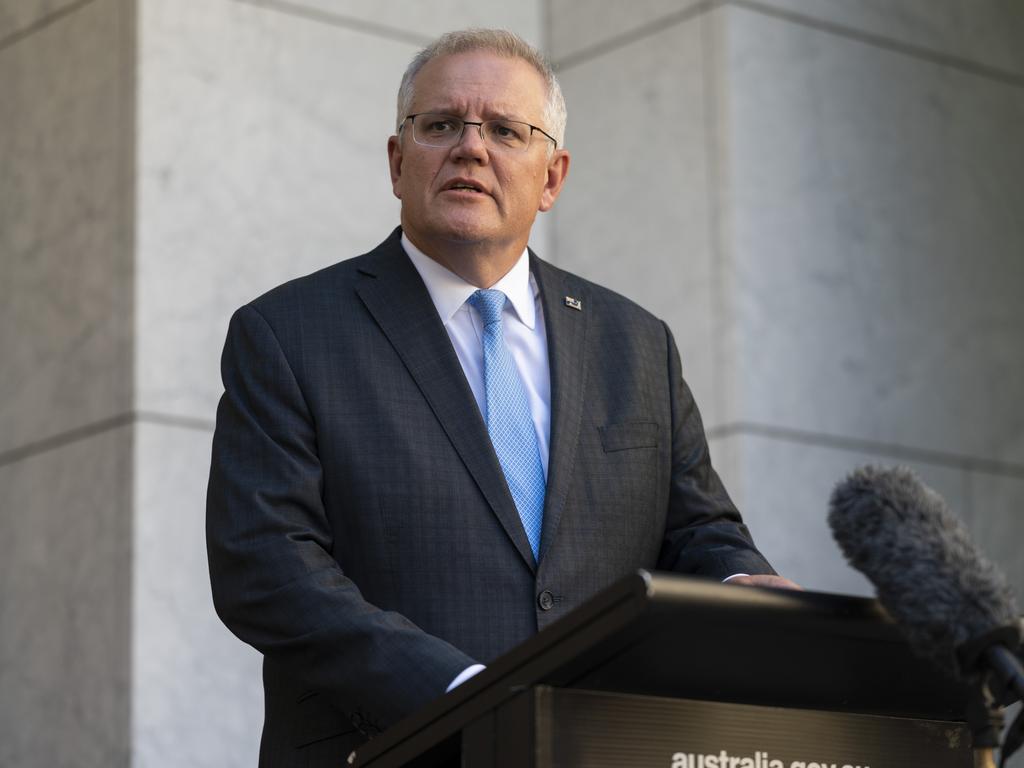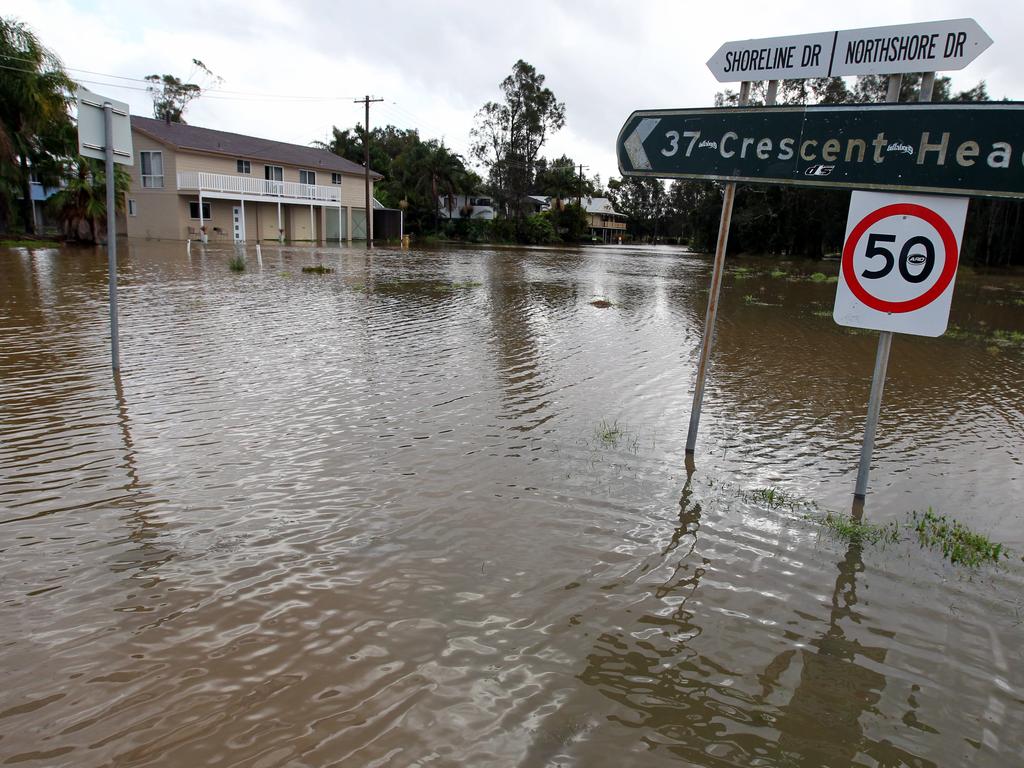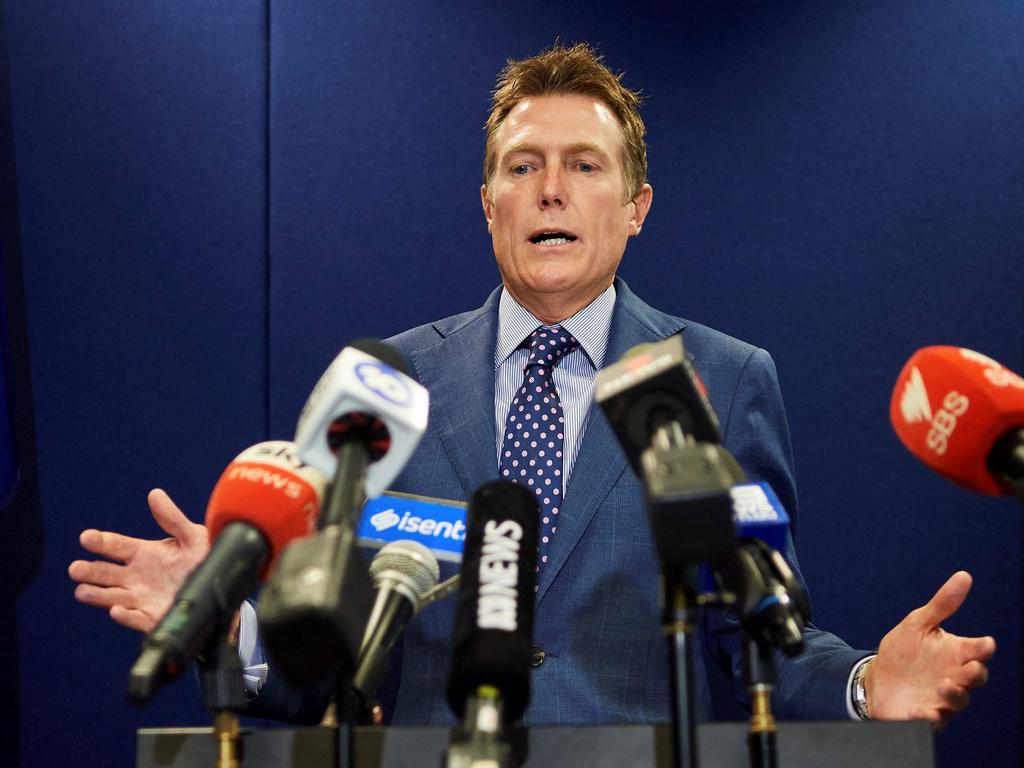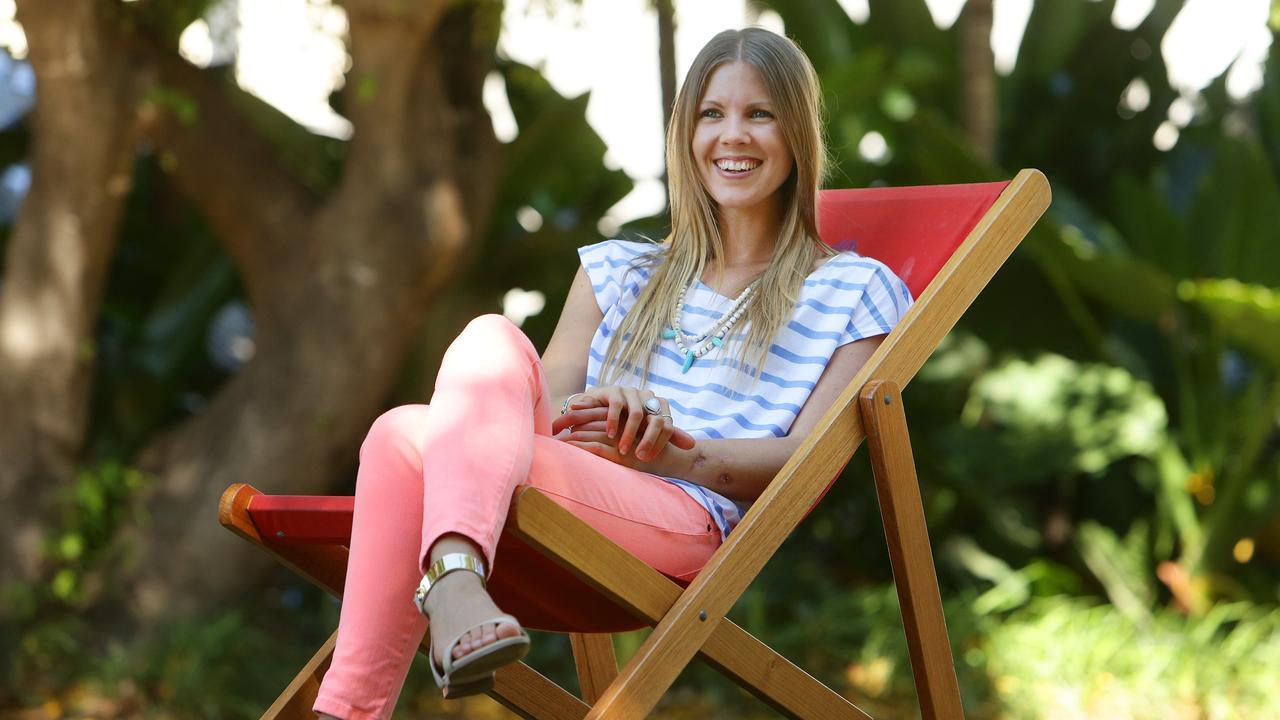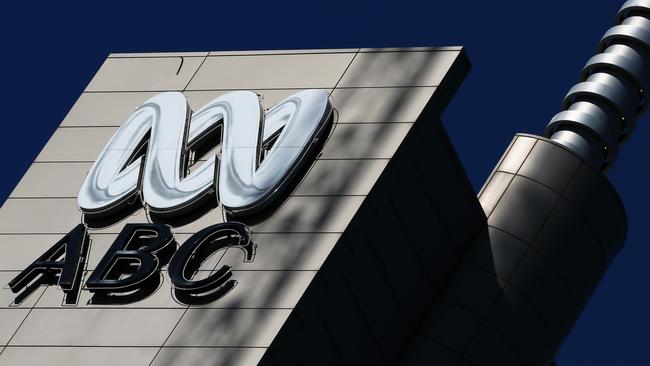
In media, content is the business. Executives who rely on management process to keep content at arm’s length are not doing their job.
The Australian Financial Review has been hit with a Twitterstorm over a March 31 piece by Aaron Patrick on journalist Samantha Maiden and the reporting of attacks on women in federal parliament.
Editor-in-chief Michael Stutchbury, a former editor of this paper, publicly defended the piece and used his features pages to respond in writing to reader complaints. In short, he behaved like a real editor.
The ABC board should take note. Once the ABC’s managing directors carried ultimate editorial responsibility. Back in the 1980s and 90s Brian Johns and David Hill — both journalists — were not afraid to get involved in news decisions if they felt things were going awry. Now not so much.
The very model of a modern media manager is another former ABC managing director, Mark Scott, the new vice-chancellor of Sydney University. Scott, an MBA, was appointed education writer at The Sydney Morning Herald after a stint as an adviser to the NSW Greiner government’s Terry Metherell in the 1990s.
A former head of the Australian Graduate School of Management at NSW University, Fred Hilmer, was chief executive officer of the then-Fairfax and plucked Scott out to be the editor-in-chief of the entire company, even though he had only ever reached Saturday editor of the SMH.
He was made MD of the ABC in 2006 even though he had no broadcasting experience. After two terms he was appointed director general of the NSW Department of Education.
Last month he was appointed VC of Sydney Uni even though he has never lectured and has no research background.
Mark is a nice guy and consummate networker. But his career is testament to the idea leaders who master process never have to succeed at a specific task to keep advancing. Taxpayers, viewers and governments should expect more from current ABC managers. The partisanship of the ABC’s reporting on the federal government is staggering. Taxpayers of all political persuasions pay the salaries of ABC journalists and should expect more from editorial leaders.
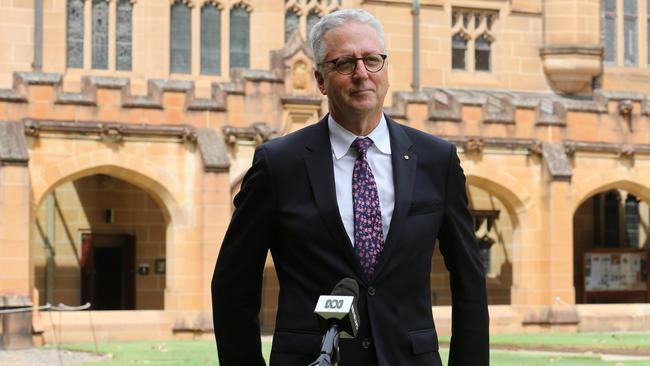
Last week this column argued many journalists were turning a blind eye to allegations of sexual misbehaviour in federal Labor and were using the Brittany Higgins and Christian Porter stories to damage Prime Minister Scott Morrison. Porter is suing the ABC for its Four Corners story online.
Several former newspaper editors have told this column they have concerns with the ABC’s handling of the Porter story. They believe Four Corners should have put its allegations about an alleged 1988 rape directly to Porter. They believe the ABC should have been more candid about the now-dead accuser’s mental health. Did senior ABC editorial managers ever express such views to Four Corners staff?
Last week’s column also argued the left media was using its vaccine rollout reporting to damage Morrison. ABC reporters last Tuesday and Wednesday were wilfully ignoring the European Union’s ban on Astra Zeneca vaccine exports.
Its radio current affairs and news bulletins went into overdrive on Wednesday reporting Eric Mamer, chief spokesman for the European Commission, claiming the EU had blocked only a single shipment of 250,000 doses from Italy. Morrison on Tuesday had said the rollout was behind his 4 million mark target because 3.1 million Astra Zeneca doses had not been delivered.
Journalists should have known Morrison was correct. ABC Europe correspondent Nick Dole on March 27 detailed online how Australia had been caught in a dispute between the EU and the UK over vaccine order numbers. The ABC on all platforms reported last month that Morrison had written to the EU asking that the 250,000 blocked doses and a further 750,000 Australia had contracted to buy be diverted to PNG on humanitarian grounds.
Yet ABC health editor Norman Swan tweeted on Wednesday: “The politics of the issue are now so toxic that the community is confused and losing trust. What’s needed is a cathartic reset. The facts, even if they are unpalatable, should be on the table. NOT via News Ltd.”
The issue is not whether News Corp spreads government misinformation but whether the ABC has lost its sense of proportion trying to delegitimise this government.
The story of global vaccine nationalism is dominating much of the world’s media. Astra Zeneca is behind in its rollout in Europe and in Australia. That’s worth reporting, but it and the CSL laboratory in Melbourne that will be making the vaccine here are private businesses not controlled by Morrison.
Dr Swan was more sensible on ABC 7.30 on Thursday discussing concerns over extremely rare clotting side-effects of Astra Zeneca. He said the government was right to follow expert advice recommending Astra Zeneca for over 50s and Pfizer and eventually Moderna for younger Australians. He said Astra Zeneca was safe and he would gladly take it.
This is important. Journalists need to be careful hysterical reporting does not shake public confidence in the program.
This point was made, if inadvertently, on RN on Thursday. Stand-in host Hamish McDonald sounded shocked just after 6.30am interviewing German member of the European parliament and chairman of the EU trade committee Bernd Lange. Lange said the EU was indeed restricting vaccine exports and supported Morrison’s explanation of why Australia is 3.1 million vaccines short.
Half an hour later on AM, vaccine rollout problems again dominated the agenda before an item reporting a study showing Australians were becoming more sceptical about vaccinations. Imagine hysterical reporting having such an effect.
Waleed Aly, no friend of this government, got it right in The Age and the SMH on Friday.
Of course there have been hiccups, and the government has been unwilling to admit it has fluffed its early “announceables” strategy. But Britain and the US, with the world’s fastest rollouts, used emergency laws to suspend legal liability for vaccine makers. Would we really risk that given how few cases and deaths we have had?
The ABC is by far the biggest news organisation in the country. Its editorial leaders need to lead.


